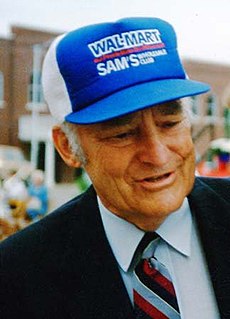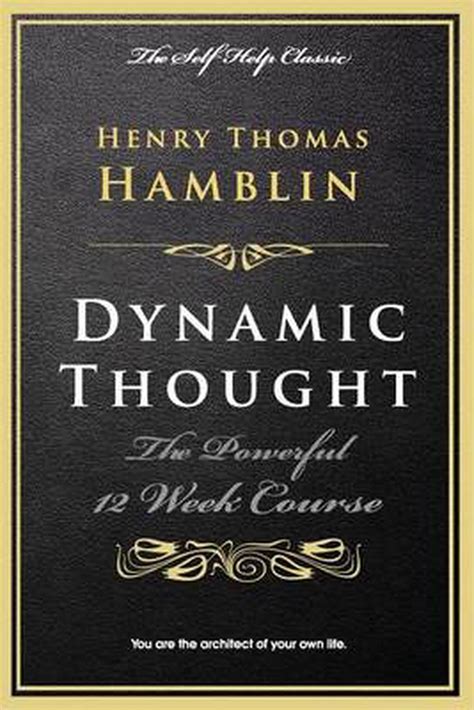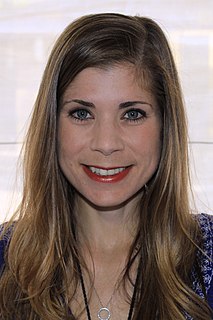A Quote by bell hooks
Most of us did not learn when we were young that our capacity to be self-loving would be shaped by the work we do and whether that work enhances our well-being.
Related Quotes
I think if you were to talk to women who have run, both successfully and unsuccessfully, nearly all of them would say, "You learn so much." You learn about yourself, what you're capable of doing.... And it doesn't have to all happen when you're young - I mean, one of the most powerful women in American politics is Nancy Pelosi. She had five children. She didn't go into politics until her youngest child was in high school.... That's one of the great things about being a woman in today's world: You have a much longer potential work life than our mothers or our grandmothers did.
Each of us has the power and responsibility to heal ourselves, to be our own medicine man or woman. Awakening our innate powers of being, loving, knowing, seeing, and healing involves ongoing work at all levels and in all dimensions of our self. Exploring the range of rhythms and emotions, achieving insights into our conditioning and ego, moving through the energy levels of spirit – these are all activities to be integrated into our daily lives.
I think it's time we ask ourselves if we still know the freedoms that were intended for us by the Founding Fathers... Whether we believe in our capacity for self-government or whether we abandon the American Revolution and confess that a little intellectual elite in a far-distant capital can plan our lives for us better than we can plan them for ourselves.
In an ideal world we would all learn in childhood to love ourselves. We would grow, being secure in our worth and value, spreading love wherever we went, letting our light shine. If we did not learn self-love in our youth, there is still hope. The light of love is always in us, no matter how cold the flame. It is always present, waiting for the spark to ignite, waiting for the heart to awaken and call us back to the first memory of being the life force inside a dark place waiting to be born - waiting to see the light.
[All the ancient wisdom] tells us that work is necessary to us, as much a part of our condition as mortality; that good work is our salvation and our joy; that shoddy or dishonest or self-serving work is our curse and our doom. We have tried to escape the sweat and sorrow promised in Genesis - only to find that, in order to do so, we must forswear love and excellence, health and joy. (pg. 44, "The Unsettling of America")
Our actual lives, including our values, our social relations, our self-conceptions, and many of our concepts, are pervasively shaped both by the knowledge and by the fact that we will someday die - that we are subject to extreme temporal scarcity. There is no reason to think that, if we were immortal, the same things would continue to matter to us. We have little or no idea what, if anything, would matter to immortal beings, or even how such beings would think of themselves.
We believe we are hurt when we don't receive love. But that is not what hurts us. Our pain comes when we do not give love. We were born to love. You might say that we are divinely created love machines. We function most powerfully when we are giving love. The world has led us to believe that our wellbeing is dependent on other people loving us. But this is kind of upside down thinking that has caused so many of our problems. The truth is our well being is dependent on our giving love. It is not about what comes back; it is about what goes out!
Whether at work, at home or in public, we have been trained to believe that who we are at the core of our being is often unacceptable. As a result, we work diligently to live up to - and sometimes down to - what others have made us out to be, whether or not it is an accurate reflection of who we are.
In the Leach Pottery we did most of our work on the wheel. [Bernard] Leach did a little work in the studio, which was press-molded forms, plastic clay pressed into plaster forms to make small rectangular boxes and some vase forms, which he liked to make. These were molds which had been made to an original that he had modeled in solid clay, and during our work there, sometimes I would be pressing these forms as a means of production.
Using SROI to explore the value of our online question and answer service, askTheSite, helped us develop new mechanisms for speaking to young people and gain a real insight into the impact of our work. The project enabled us to demonstrate YouthNets commitment to robust impact measurement as well as our commercial approach to project evaluation. Perhaps most importantly, being able to assign a monetary value to askTheSite has enabled YouthNet to convey to current and potential funders how valuable the service is for both young people and the wider society in a language that they understand



































